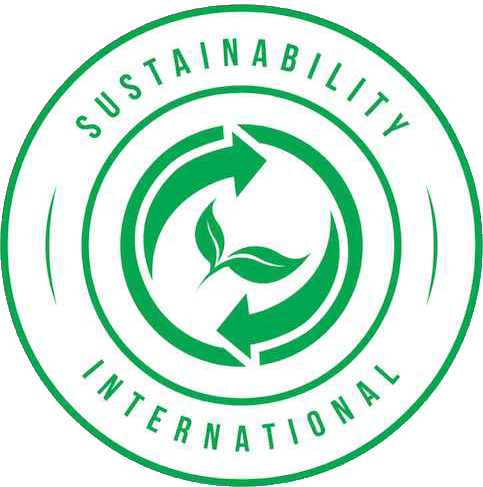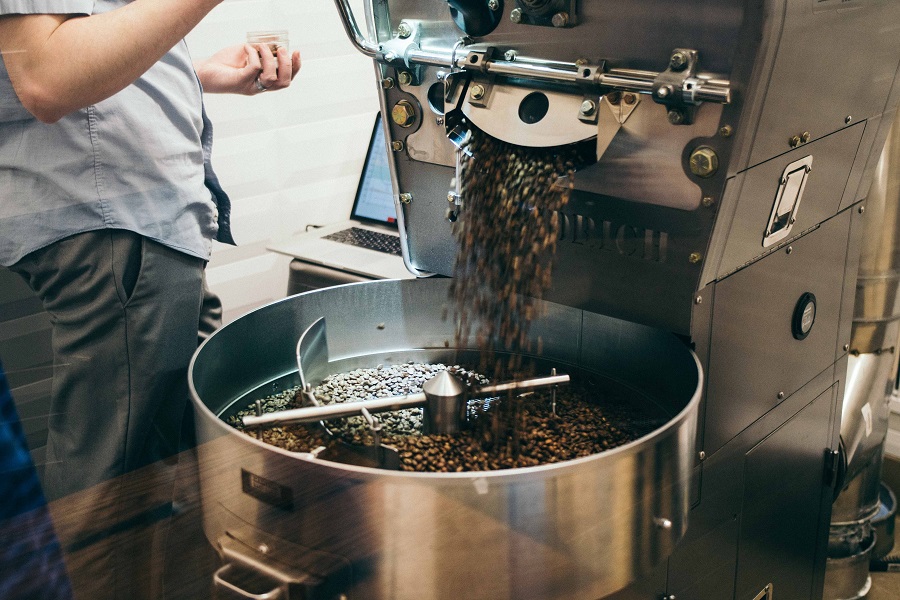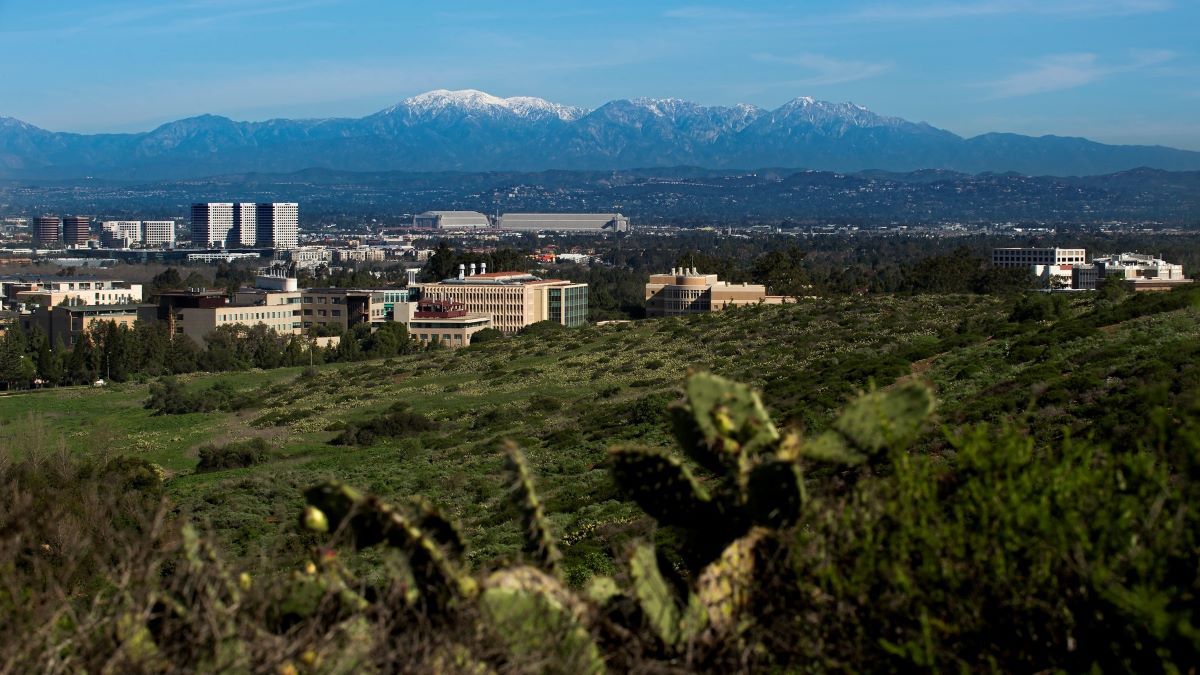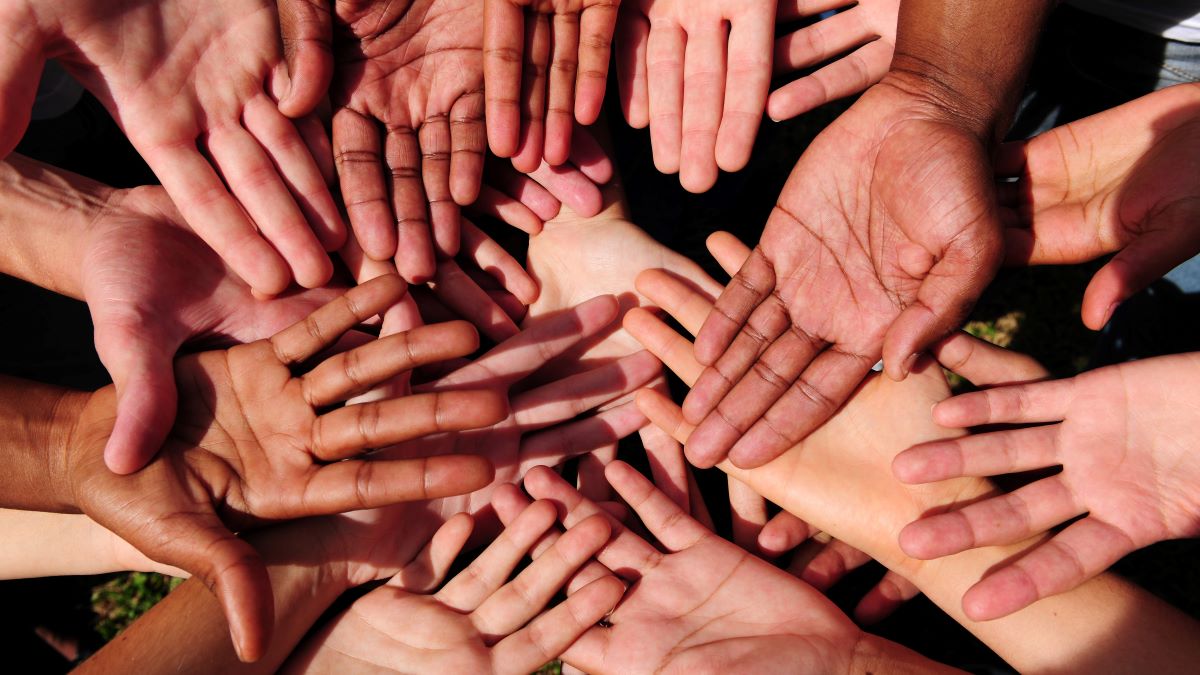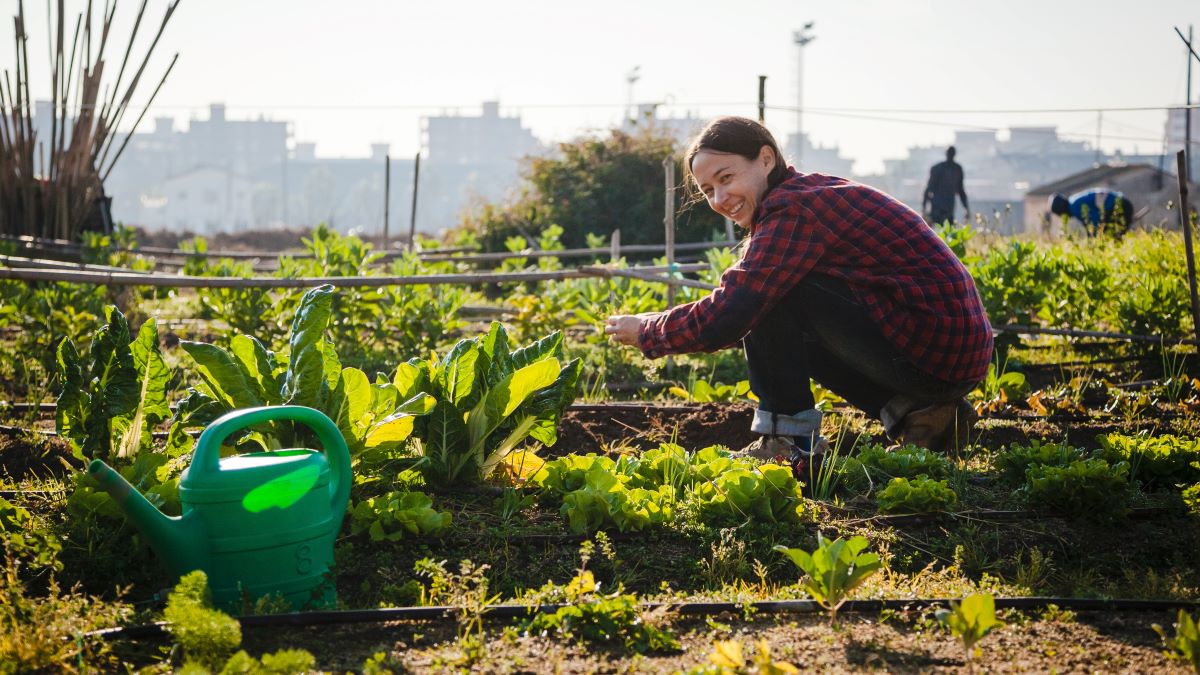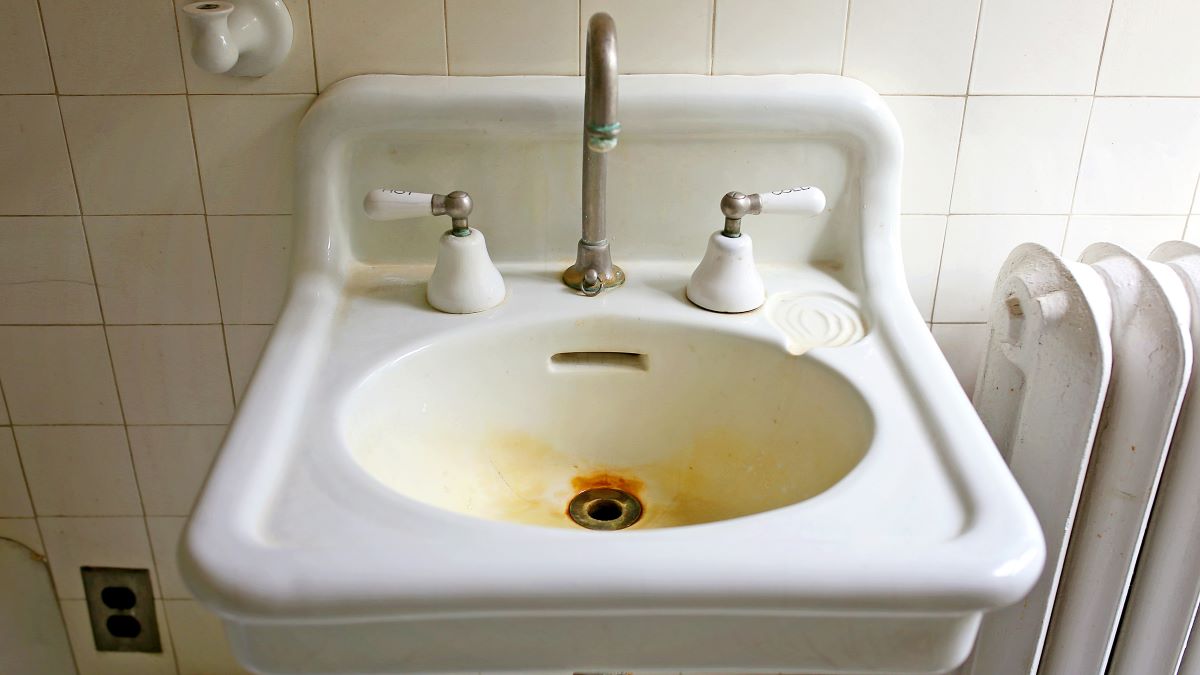Heading up coffee purchasing at Equator Coffees, a company focused on quality, sustainability, and social responsibility, I often field the question, “What coffee should I buy to ensure the farmers are getting a fair deal?” This sort of question could easily expand into a dissertation about the complexities of commodities trading, currency speculation, and the likelihood of rain in Brazil, rather than the quick response being sought.
It is a fact that the realities of farmers in different coffee-producing countries vary dramatically. For example, a smallholder in Ethiopia with a few dozen coffee trees surrounding their home is practically in a different business than the estate owner in Colombia with 100 hectares under cultivation. Although both farm coffee, the lives and lifestyles of these farmers are profoundly different.
So, what is a well-meaning coffee consumer to do? Here are a few easy suggestions to get your coffee fix while also supporting a sustainable and equitable supply chain.

Get To Know Local Roasting Companies
First, try to familiarize yourself with local or regional coffee roasting companies. Find coffees that taste good to you, and then research the businesses that are roasting and retailing them. By reading through a few websites you can begin to gain insights into the sourcing practices of the company.
Look for roasters that have forged formal business relationships with coffee producers rather than ones that make vague assertations about their coffee or focus exclusively on themselves, and not the value the farmers bring to the coffee.
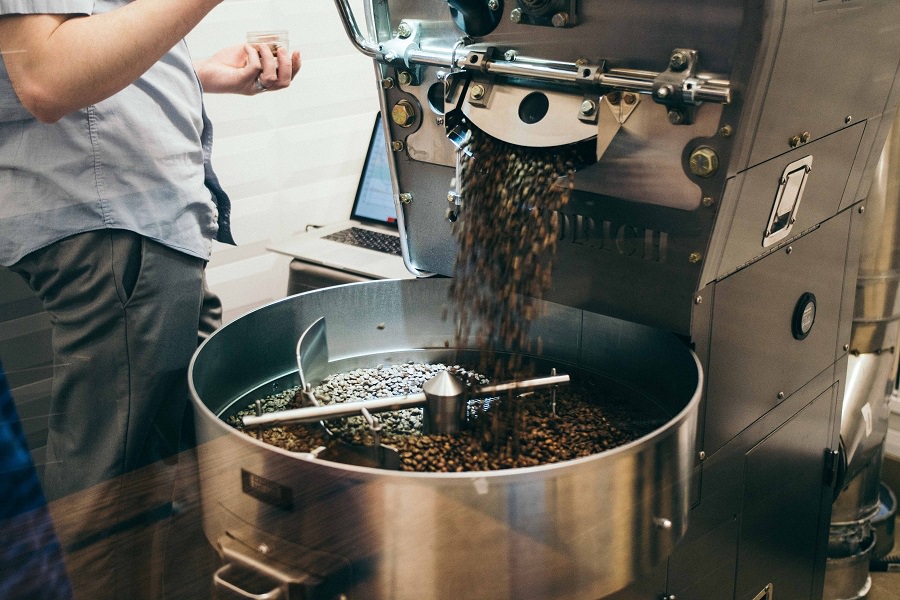
Image courtesy of Battlecreek Coffee Roasters on Unsplash
When a roaster provides detailed information about the farmers who produced the coffee, a sustainable arrangement between coffee farmer and roaster is more likely. If you notice that the roaster offers coffee from the same farmers and cooperatives from year to year, that helps reinforce the strength of the business relationship.
Read the Labels
But what about when you’re at a supermarket facing a daunting wall of colorful coffee bags? In this environment, you are limited to the information provided on the packages themselves. Read the labels and look for farm-specific information and third-party certifications, particularly the well-known Fair Trade and organic seals.
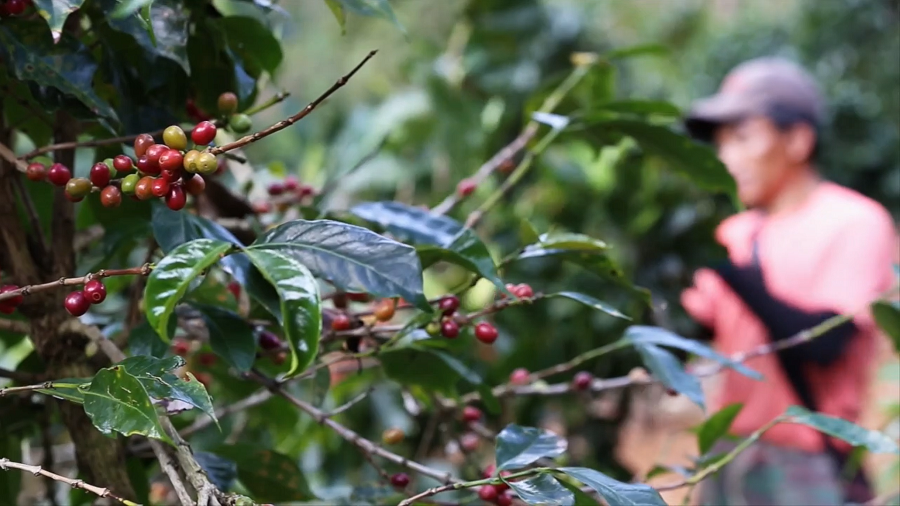
Image courtesy of Equator Coffees
As with all produce, certified organic coffee is cultivated without the use of chemically derived pesticides, herbicides, and fertilizers. Although it is not an indicator of quality, organic certification has obvious environmental benefits for soil and wildlife, as well as for the health of those working in the fields.
Among other advantages, Fair Trade certification promises a minimum price is paid to the producer that covers the basic costs of production. At times when commodities prices are low, this certification can make the difference between surviving as a coffee farmer or going bankrupt.
Be Cautious of Big Brands
What about price? Although everyone likes a good deal, you can be sure that the lowest-priced coffees in the grocery aisle end up exploiting the farmers who grow the coffee. Even if there are economies of scale, the big brands tend to manipulate the commodities market to protect their needs but neglect the needs of those that grow the coffee.
This is not to say you must buy the most expensive coffees. But keep in mind that small and medium-sized companies generally have higher costs for roasting, packaging, and distributing than big businesses. It is safe to assume that cheap coffee equals coffee farmers not getting an income that covers their basic needs.
Benefit Your Community and the Coffee Growers
Finally, these same smaller coffee roasting companies in your community are often the ones that are buying the highest quality, best-tasting coffee. High-quality coffee typically costs more than good to average quality lots. Thus, quality coffee can lead to sustainability for coffee farmers, roasters, and consumers alike.
And the best part about high-quality coffee is that it tastes really good! Once you get used to drinking great coffee, it is hard to go back to the mediocre mass-market brands.
Feature image by April Rodmyre from Pixabay
About the Author
Ted Stachura has been working in the coffee industry for over 25 years. Currently, he serves as Director of Coffee at Equator Coffees in San Rafael, California, where he oversees coffee procurement, roasting, and quality assurance. Ted’s passion for coffee is expressed through his study of coffee, daily cupping, and his efforts to educate the public about quality coffee.
Equator Coffees is pleased to offer Earth911 readers a 15% discount off the price of their coffees. Please use this discount code when you check out: EQFRIENDS15. This offer is good through the end of 2020.
The post Tips for Buying and Enjoying Sustainable Coffee appeared first on Earth 911.
